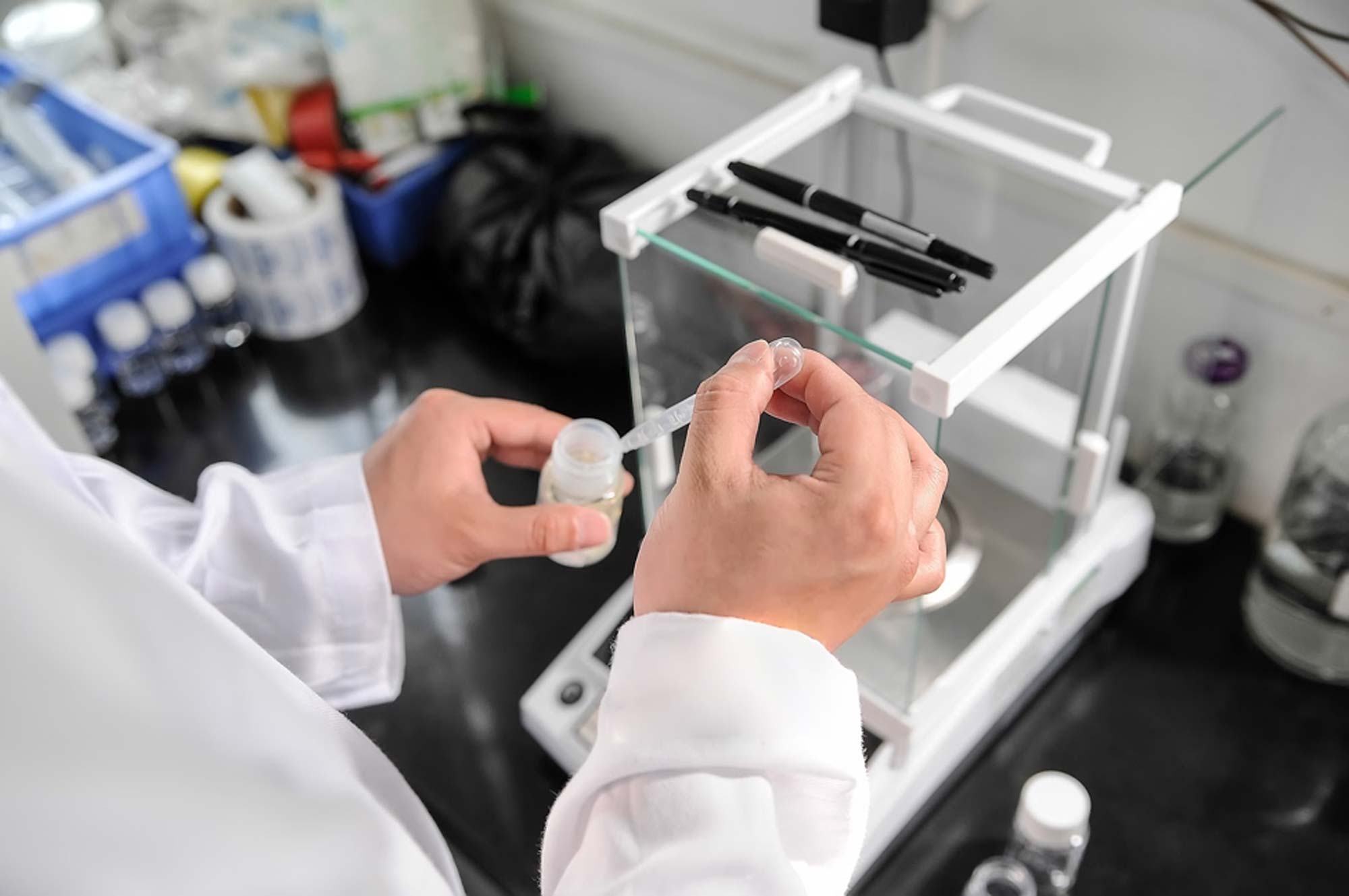The question “How safe is vaping” is blasted all over the media and the Internet. The FDA is working to regulate vaping products with the help of the Center for Tobacco Products (CTP). Due to their work, compliant companies offer extremely safe vape products. However, not all retailers are in compliance.
So what does this mean? While vaping itself is safe and can be used to administer medical supplements, the products can fall short of safety standards, especially those sold illicitly such as counterfeit or black market products. Such products can contain harmful materials like lead, vitamin E acetate or formaldehyde.
When shopping for vaporizers, make sure you’re purchasing them from reputable wholesale vaping companies and retailers such as DC Alchemy. All of DC Alchemy’s products are laboratory tested and quality assured by an accredited laboratory.
HOW ARE VAPE PRODUCTS TESTED?
Every legal wholesale retailer has its own testing method. DC Alchemy uses CannaSafe Lab to ensure the safety of their products. In 2012, CannaSafe became the first accredited lab in cannabis. The lab received ISO 17025 Accreditation, which provides the assurance their lab delivers good services and consistent data. Their full list of certificates and accreditation can be found here.
In October 2019, Cannasafe released a study breaking down what harmful materials can be found in vaporizers, including cutting agents, the relationship to harmful contents with temperatures, flavoring, and hardware/heavy metals.
To explain how vape products are tested, let’s breakdown what each of those four categories mean.
CUTTING AGENTS
Cutting agents refer to the chemicals added to the vape cartridge that dilute cannabis. While they are normally harmless and used to increase the volume of the vape juice while cutting back on cannabis, counterfeit/black market vape products have been known to use illicit chemicals such as Vitamin E acetate.
Vitamin E acetate is cited as the culprit for vaping-related illnesses. When used in nutritional supplements or skin cream, it is completely safe. Due to its honey-like viscosity, it is not safe to inhale. If inhaled, the acetate can “stick” to the lungs and impact lung functions by killing lung cells.
Cannasafe found that counterfeit Kingpen contained 30.88% vitamin E acetate Cereal Carts “Trix” and “Cookie Crisp” contained 36.74% and 31.13%, respectively; Exotic Carts “Maui Wowie” had 34.02%; and Dank Vapes had 34.69%.
Please note that Kingpen and Stiizy are compliant businesses. For the sake of testing, Cannasafe used counterfeit products under their names.
TEMPERATURE
When talking about temperature, Cannasafe is referring to the heating point where chemicals release harmful substances. There is little transparency in the vaping market that shows the hardware’s temperature capabilities, thus making it difficult for the consumer to know if their vaporizer stays in a safe range for their e-liquid of choice.
This is important, as cutting agents such as propylene glycol or vegetable glycerin contain acetaldehyde, acrolein, and formaldehyde when heated to 446 degrees Fahrenheit (or 230C).
Cannasafe found formaldehyde, carbon monoxide, and hydrogen cyanide in the illicit Kingpen (>50ppm), Exotic Maui Wowie (>50ppm), and illicit Stiiizy (5ppm) cartridges.
FLAVORING
Cannabis naturally produces terpenes, which is a flavoring compound. Terpenes can be synthesized in a lab, concentrated and added, along with other flavoring chemicals, to cannabis. Cannasafe states flavoring can be used to both entice users to vape and, with the addition of cutting agents, can create unknown elements in the vapor.
Flavoring compounds are the hardest to find and measure. Illicit cartridges are often mislabeled, however they can be found with scan data.
HARDWARE/HEAVY METALS
The hardware used to vaporize the cannabis oil inside the cartridges is unregulated. The batteries are not regulated either, meaning each vape pen must be tested on a case-by-case basis to identify possible sources of hazardous materials present in the vapor.
Cannasafe found that black market/illicit vape products, such as illicit cartridges from Kingpen, Trix, Cookie Crisp, Maui Wowie, Candy Land, Stiiizy, and CBD Oil pens, can contain 17 times more than the acceptable amount of lead.
DC ALCHEMY AND CANNASAFE
DC Alchemy partners with Cannasafe for all of their hardware testing, including their CCELL products. CCELL cartridges are known to have issues with heavy metals, particularly lead, which can result in failures or health concerns.
In a recent study conducted on Dec. 6, 2019, Cannasafe looked into two CCELL samples provided by DC Alchemy. They found acceptable levels of the following metals: arsenic (not detected), cadmium (not detected), lead (0.337 microgram/gram, which is under the 0.5 safe limit), and mercury (not detected).
This report passed, thus deeming the tested products as safe.
DC Alchemy even releases tests of products that failed. In November 2019, two samples of their CCELL vaporizers failed due to higher lead concentrations — 0.77 microgram/gram.
DC Alchemy routinely tests its products to ensure the quality and safety of their business partners and clients. The dedication to safety is essential in the quickly evolving vape market as new technology is being released. They also handle every step of the process in-house, thus guaranteeing the product you receive is 100% legitimate and safe.
Remember that not all wholesale retailers treat their products with the same level of care and testing, even when required by the CTP and FDA. Be sure to do your research about the retailer before you buy.
If you’re interested in learning more about their products or their testing standards, contact DC Alchemy today.
